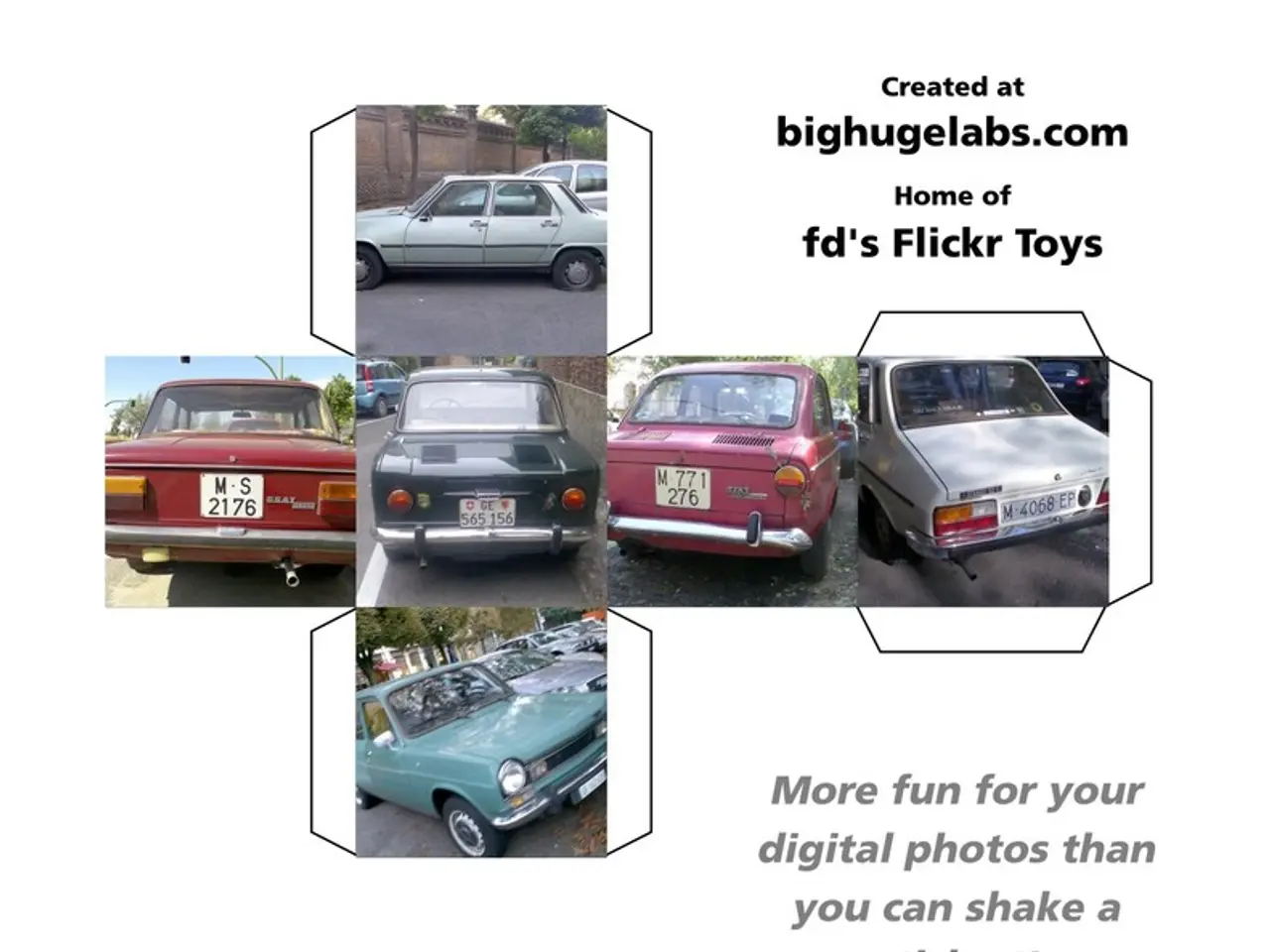Autonomous Driving by Tesla Accumulates Over 3.6 Billion Miles on Roads Worldwide
Tesla's Full Self-Driving Technology: A Steady Advancement Towards Autonomous Driving
Tesla's Full Self-Driving (FSD) technology has been making strides in the realm of autonomous driving, with its deployment expanding globally. As of mid-2025, the technology is available in the US, Canada, and recently debuted in China, albeit in a limited supervised form [1].
The current version of Tesla's FSD technology is the Supervised version, a transition that took place in 2024. This shift emphasized improved reliability of the technology, setting the stage for its future developments [1]. The majority of the miles logged by Tesla's FSD technology, approximately 2.16 billion, were accumulated in the year 2024 [1].
Tesla's FSD technology relies on real-world data collected from its fleet instead of simulations or limited test vehicles. This approach has allowed the technology to evolve significantly, with an exponential increase in usage. In just the first three months of 2025, Tesla's FSD technology drove over 1.6 billion miles [1]. With 3.6 billion miles and counting, Tesla's data advantage continues to widen, positioning it as a leader in the race towards self-driving technology [1].
To accelerate FSD's evolution, Tesla boosted its AI training compute capacity by 400% in 2024 [1]. This move has been instrumental in the continuous updates the technology has been receiving, with a major update (FSD v14) expected around late September 2025, promising a 10x increase in AI parameters and better safety, mainly targeted at US users initially [2][3][4][5].
Regarding Tesla's FSD technology in China, the company showcased its smart driving assistance technology at the 2025 World AI Conference in Shanghai and indicated plans for broader deployment. However, implementation awaits regulatory green light, and no specific rollout date has been confirmed beyond a general 2025 timeframe [1].
Tesla's FSD technology still requires driver oversight, but Elon Musk, Tesla's CEO, predicts that FSD will enable fully autonomous robotaxis like the Cybercab once regulatory hurdles are cleared [1].
In an effort to make FSD more accessible, Tesla lowered the price of FSD to $99 US/month and offered free trials in 2024 [1]. The technology was first introduced through a Beta program in October 2020, allowing a select group of owners to test early versions of the software on public roads [1].
In summary, Tesla's FSD system debuted in China in a limited supervised form sometime before 2025, but its wide expansion is planned for 2025 and currently awaits regulatory approval without a precise launch date reported [1]. Most recent detailed updates and milestones focus on US release plans and improvements slated for late 2025.
The deployment of Tesla's Full Self-Driving technology in China marks a significant step for artificial-intelligence-driven autonomous driving, highlighting its global expansion [1]. Advancements in Tesla's FSD are facilitated by a boost in AI training compute capacity, with plans for a major update (FSD v14) in late September 2025, focusing on improved safety and a 10x increase in AI parameters [2][3][4][5].




